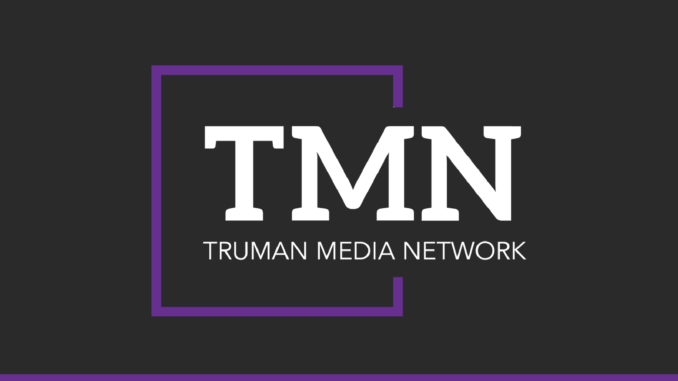
As the chill of November rolls along with the anticipation of filling our stomachs with turkey and making small talk with relatives, some Truman State University professors decided to remind students about a vast and diverse group of people who thrived long before Thanksgiving existed.
November is National Native American Heritage Month, which is both a celebration and a reminder of the diverse cultures of native peoples.
History professor, Daniel Mandell, said his interest in Native American history started in college where he took a course in Native American religions and philosophies. His interest deepened once he went to graduate school, where he researched Native Americans in southern New England. He learned from their experiences and their efforts to adopt many social norms and cultural institutions.
Mandell said people can learn a lot by studying Native American history because in America we seem to care more about the individual rather than the community, while most Native American cultures value the opposite.
“They tend to have traditions that connect them to specific places,” Mandell said. “There’s not the sense of transiency — change being something to worship — and I think that offers a different way and alternative view. It’s something we can gain from at least by the undertaking that there are different ways of behaving.”
Mandell said there are some ideals we might benefit from learning, like the Native American connections between the community and the land. He said they were able to shape the environment and did so in a way that was sustainable throughout many generations. He said people could also learn from their diversity and how not all Native American tribes, but many, saw welcoming outsiders as benefiting their community.
Anthropology assistant professor Anton Daughters said his interest in Native American history sparked when he was involved in a research project during graduate school at the University of Arizona. He said they needed Spanish speakers to translate Spanish colonial documents — so he signed up. Daughters said this was when he became involved in a documentary about a Native American Hopi people.
Daughters said people must be careful about having a homogenous mentality toward Native American cultures because of how many there are. He attempts to emphasize this in his course where he teaches about indigenous Americans.
“Unfortunately, we tend to think of these cultures in a single category,” Daughters said. “Which is as ridiculous as thinking all of European and all Asian cultures as somehow part of the same category. There is so much variety in Native American cultural expression, so that’s one of the points I try to get across in class. It’s impossible to really do the subject justice.”
Daughters said the campus should do something that calls attention to their current circumstances. He said many people think of Native Americans as groups that lived in the past — but they also live in tribes today which face certain struggles. Daughters cited the Dakota Access Pipeline in particular, which many have protested because it threatens the Missouri River water supply and because it goes through Native American land.
Brad Turnbull, Multicultural Affairs Program Coordinator, said the MAC has planned programs to discuss Native American identity and issues. He said so far they have planned two specific events. One was “The Real Life Oregon Trail” on Nov. 8, which focused on trainable empathy and re-educating people about the history of settling in America. Turnbull said there was another event Nov. 13 where historical scholar Anthony Dixon, a historical scholar who has done much historical research, gave a lecture on the relationship between African Americans and the Seminole people.
